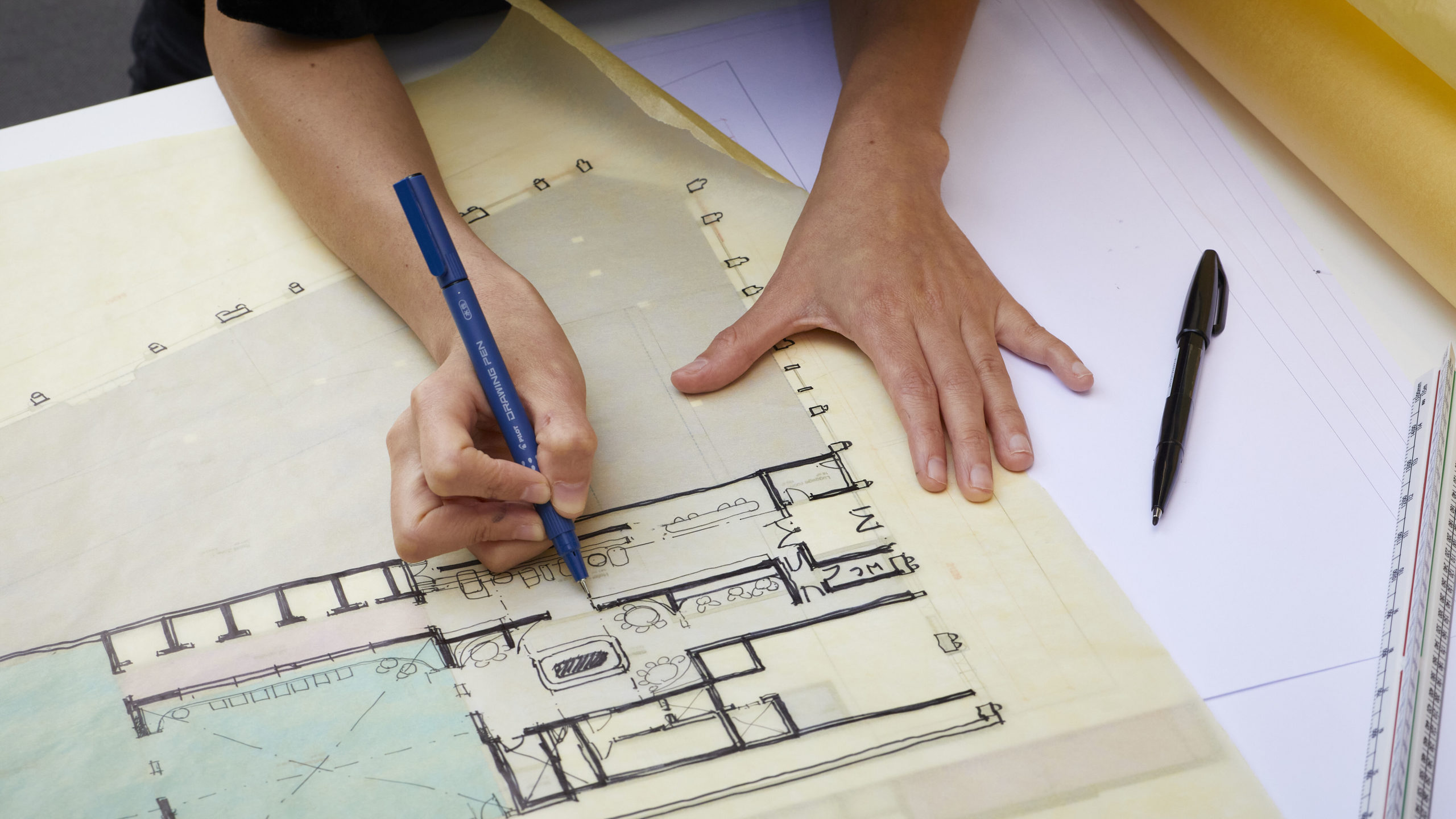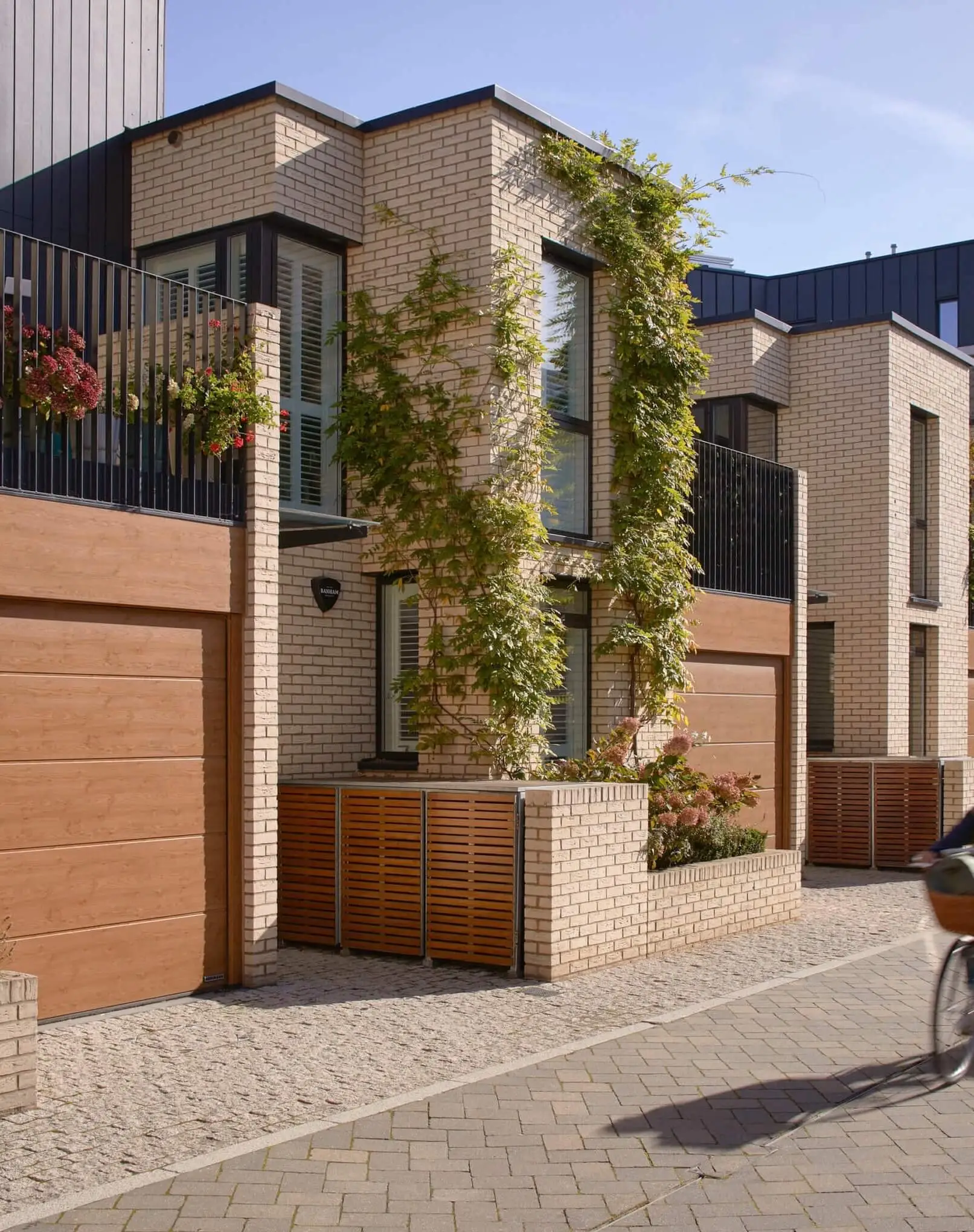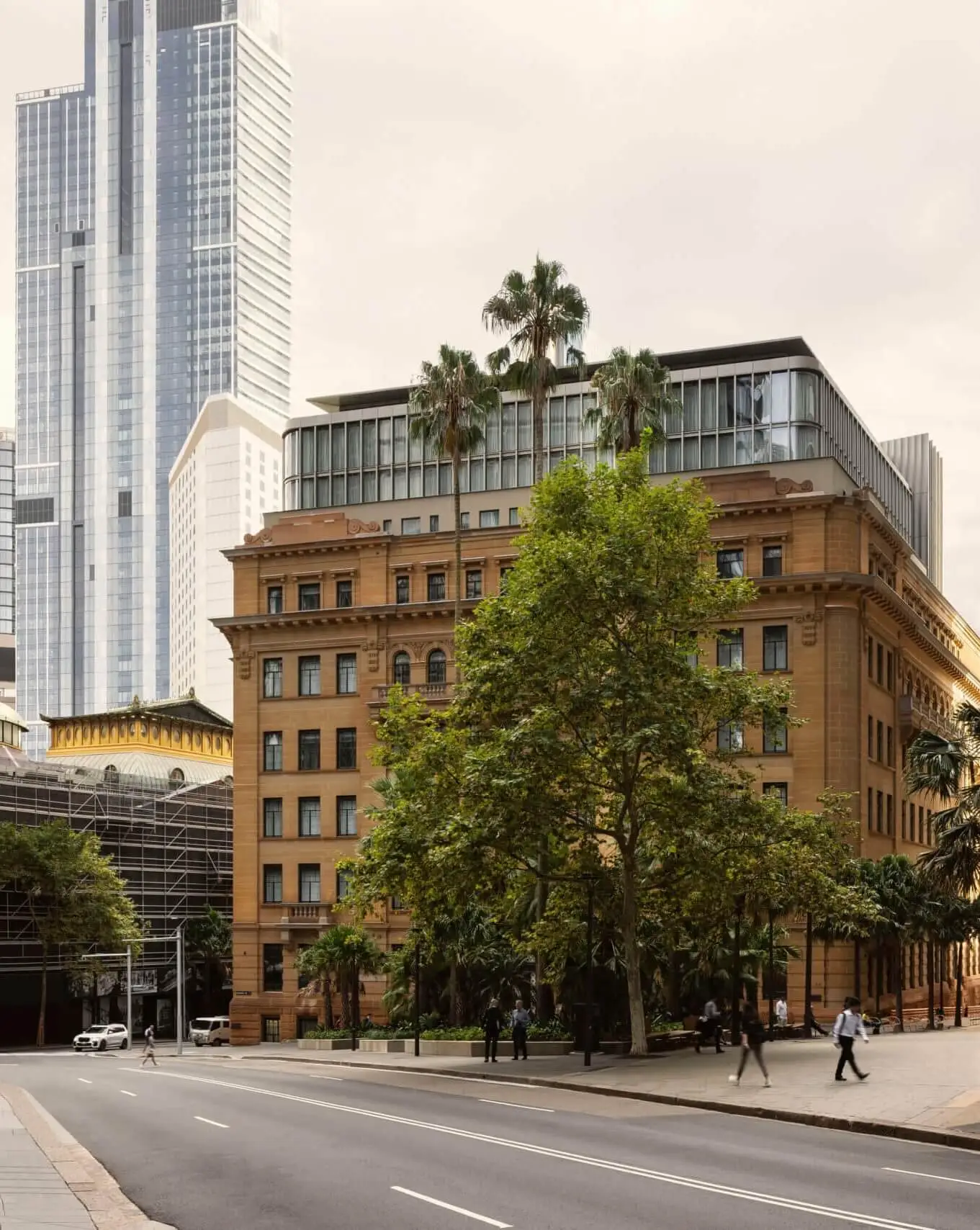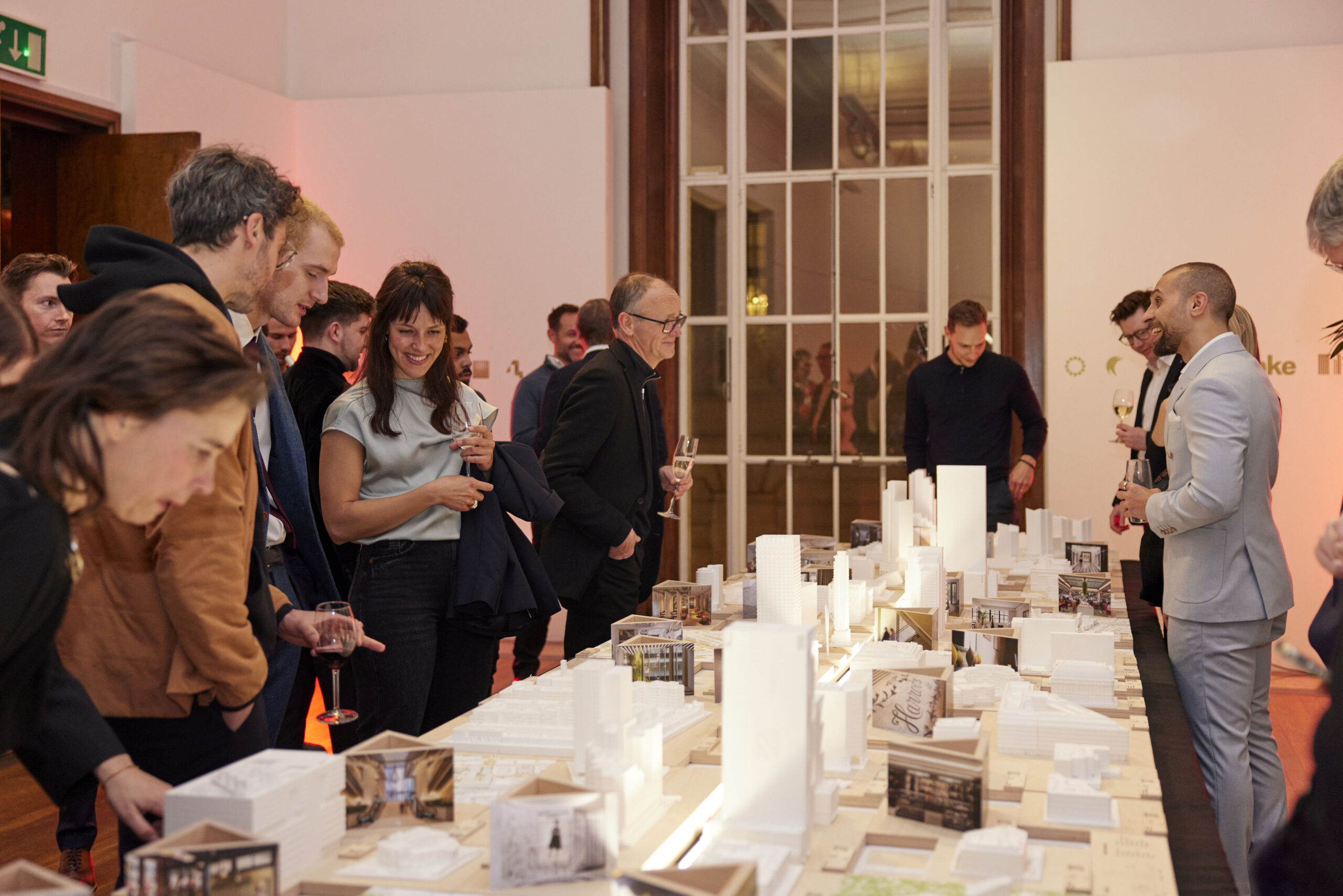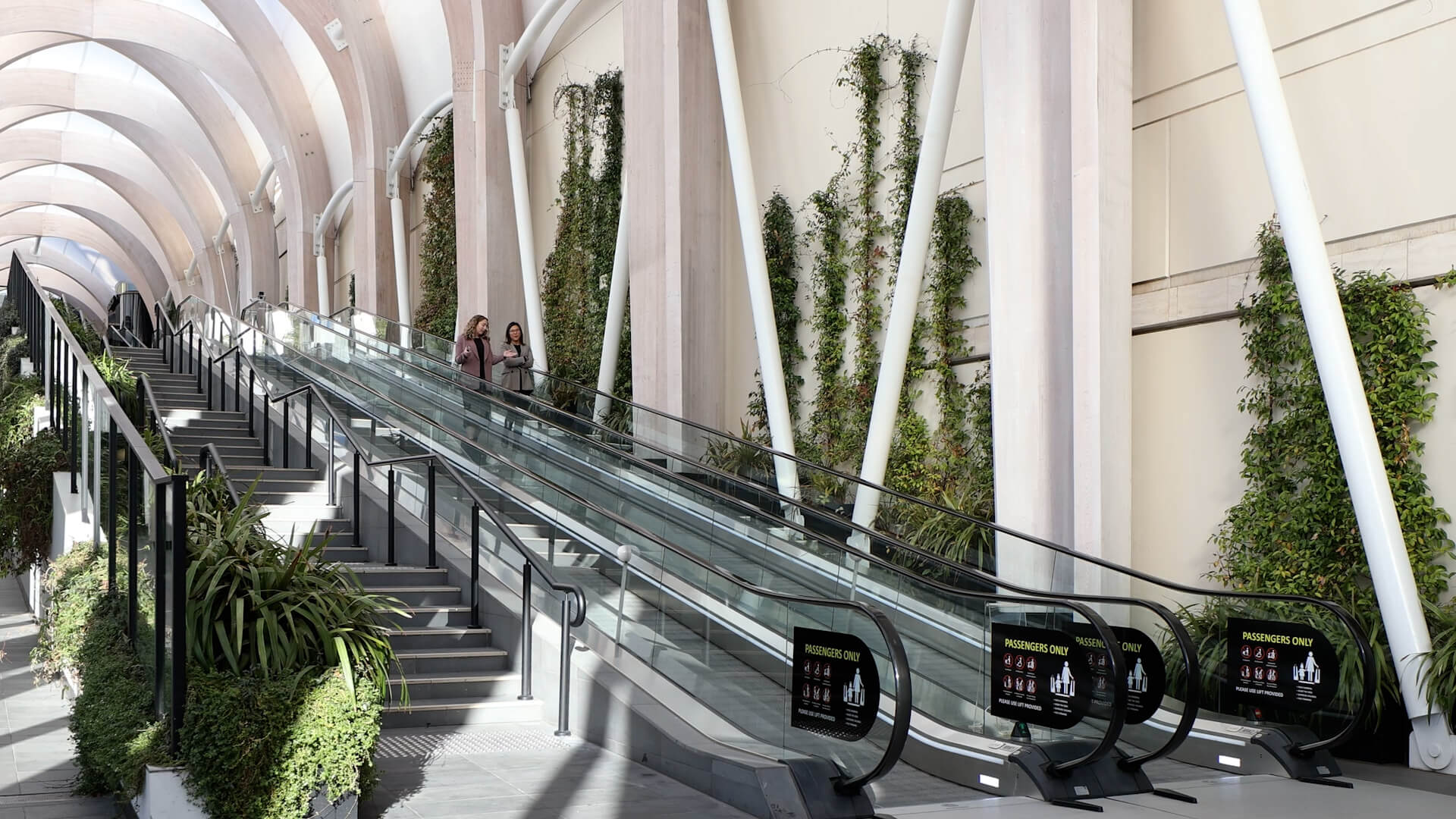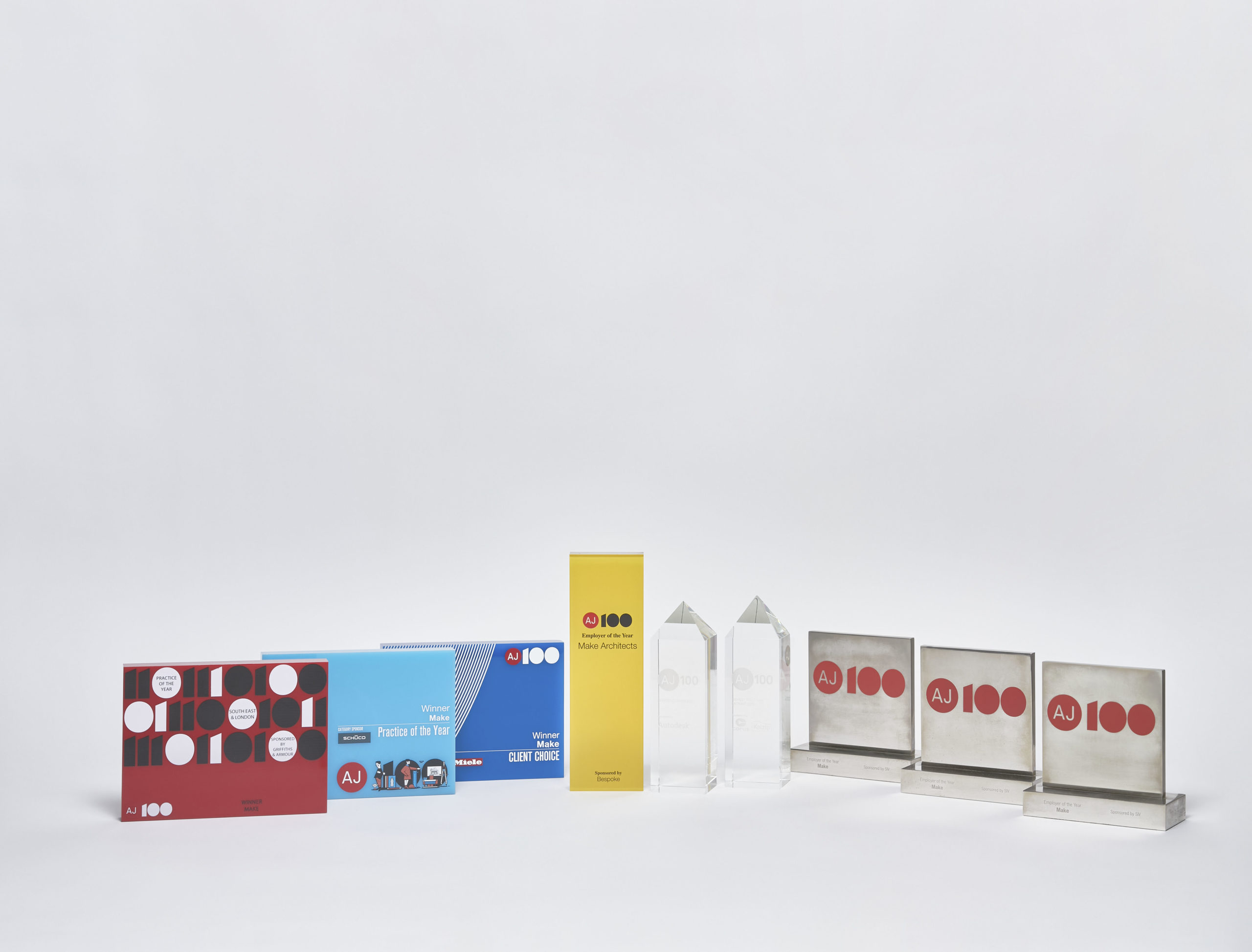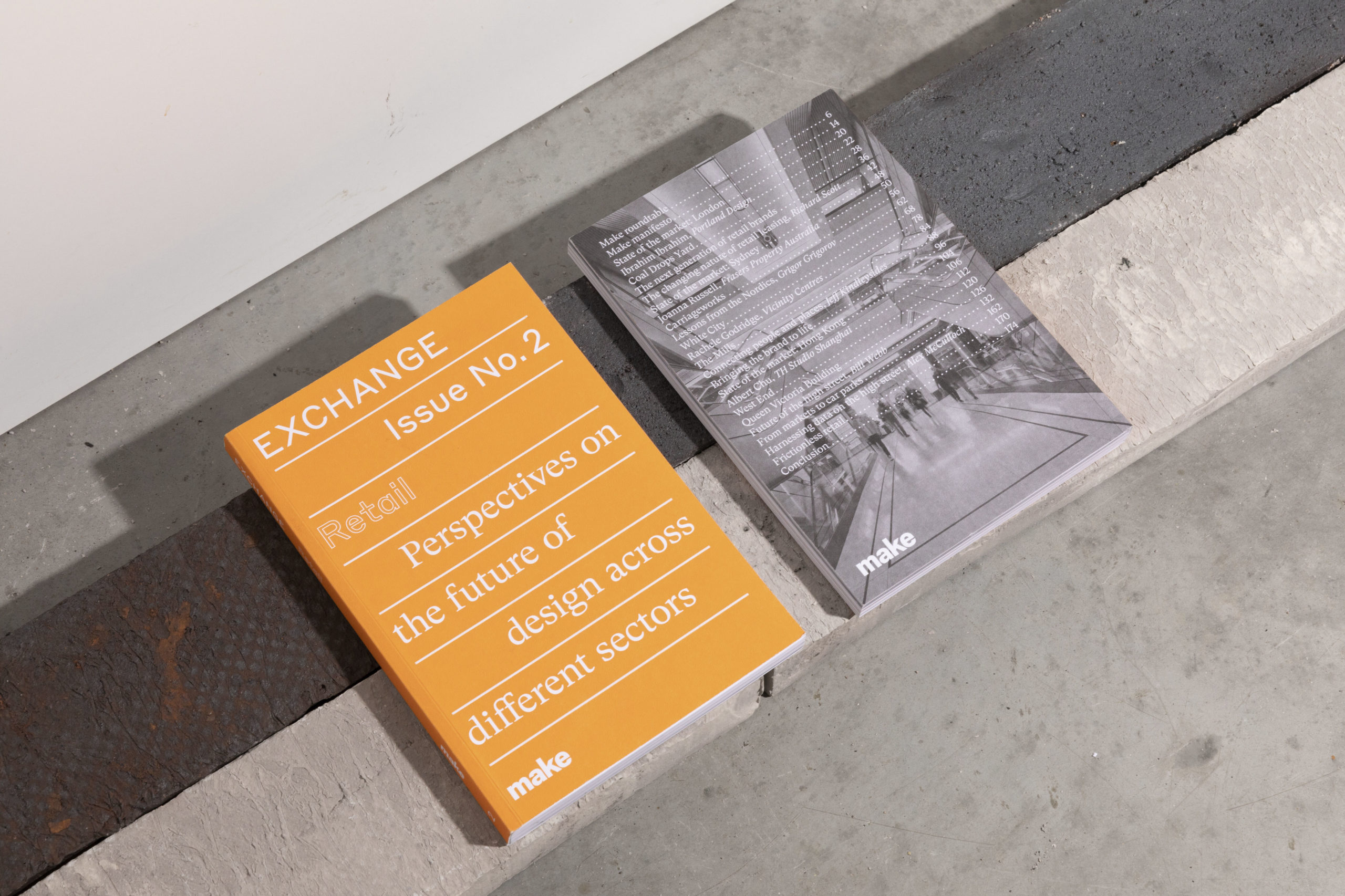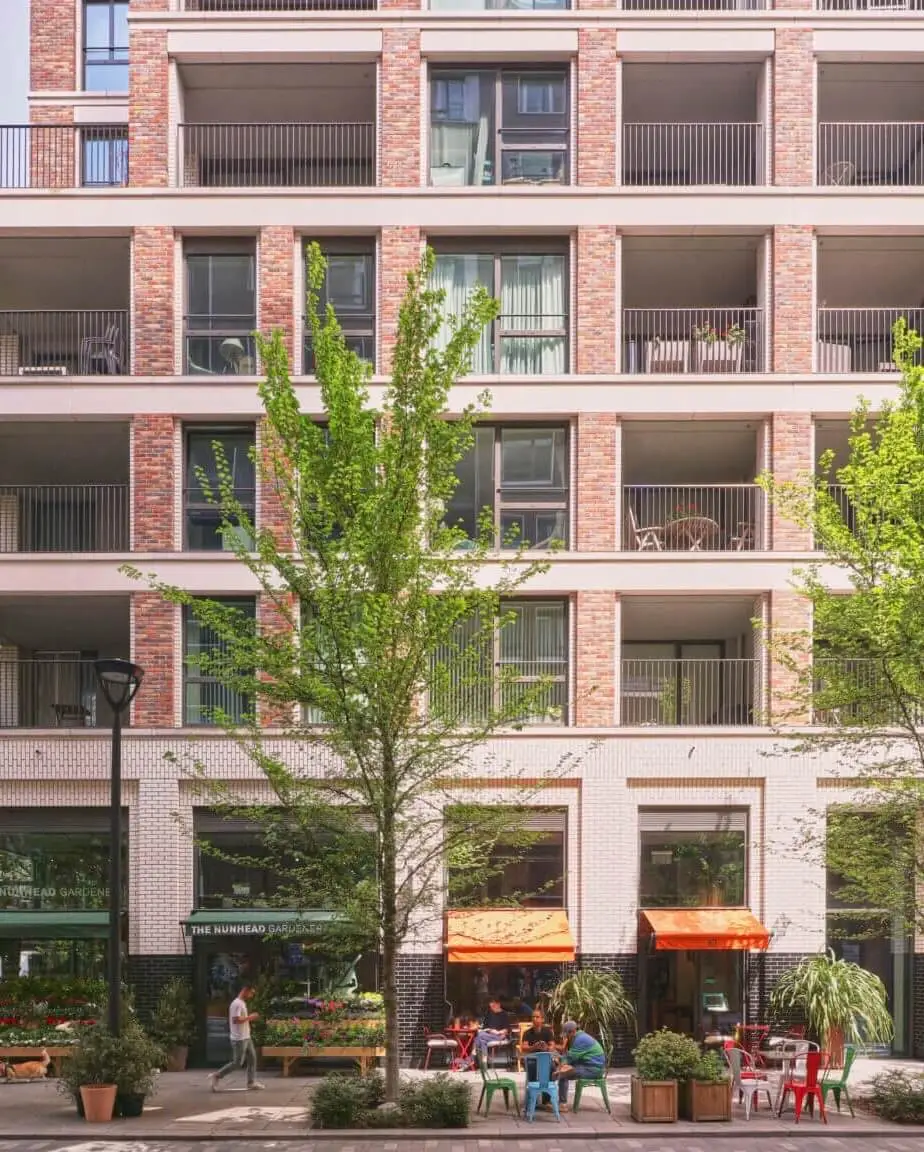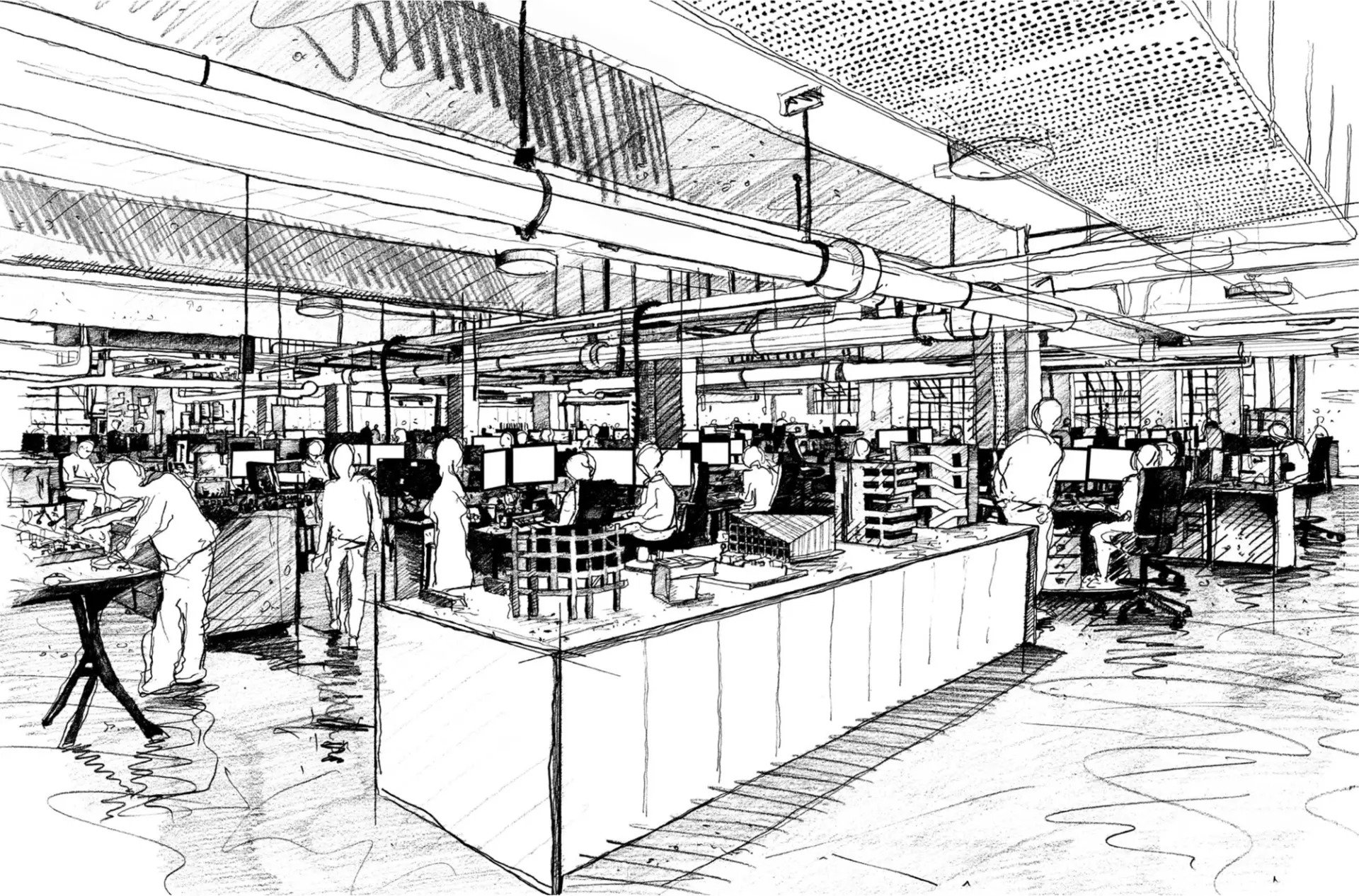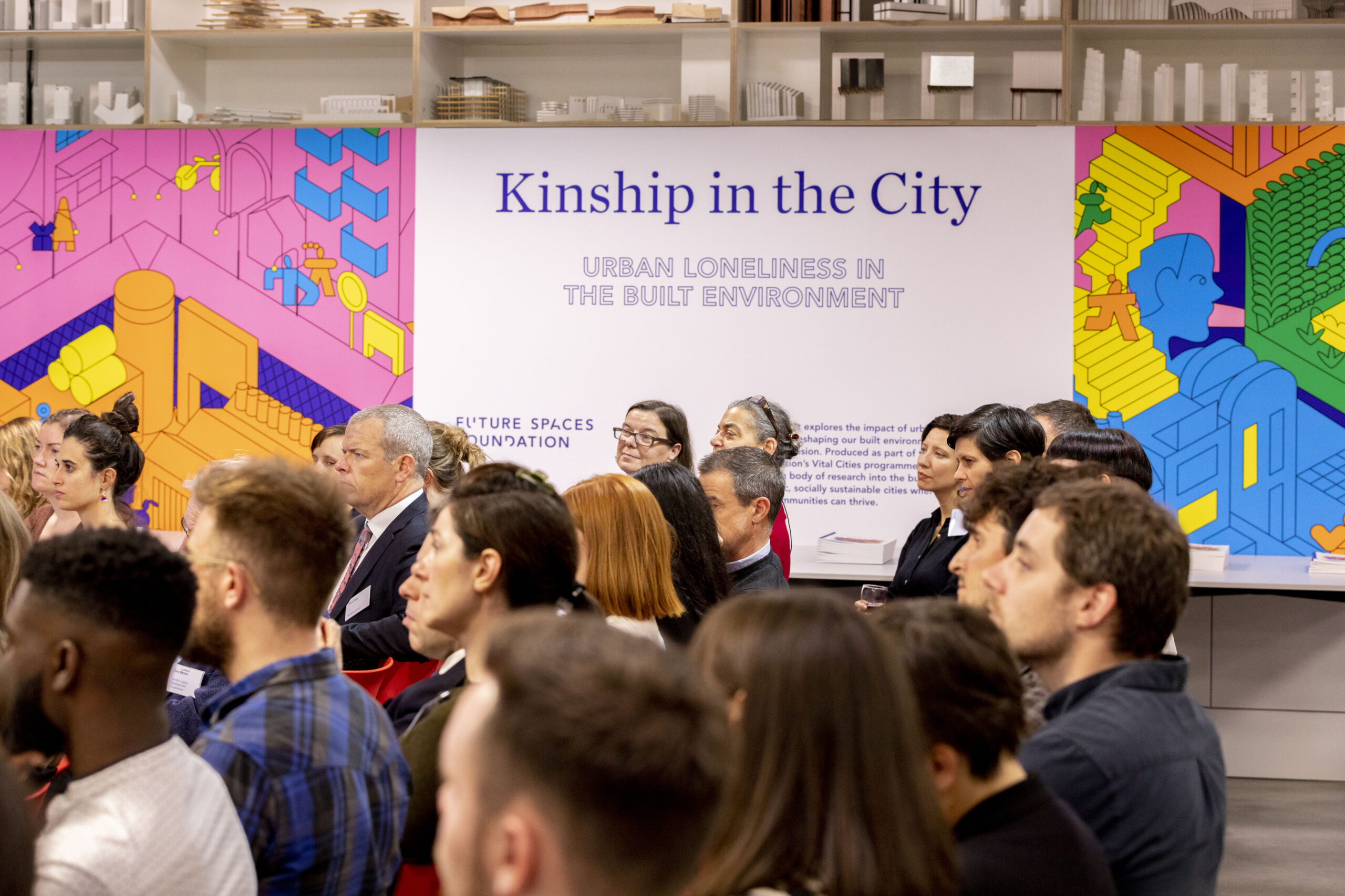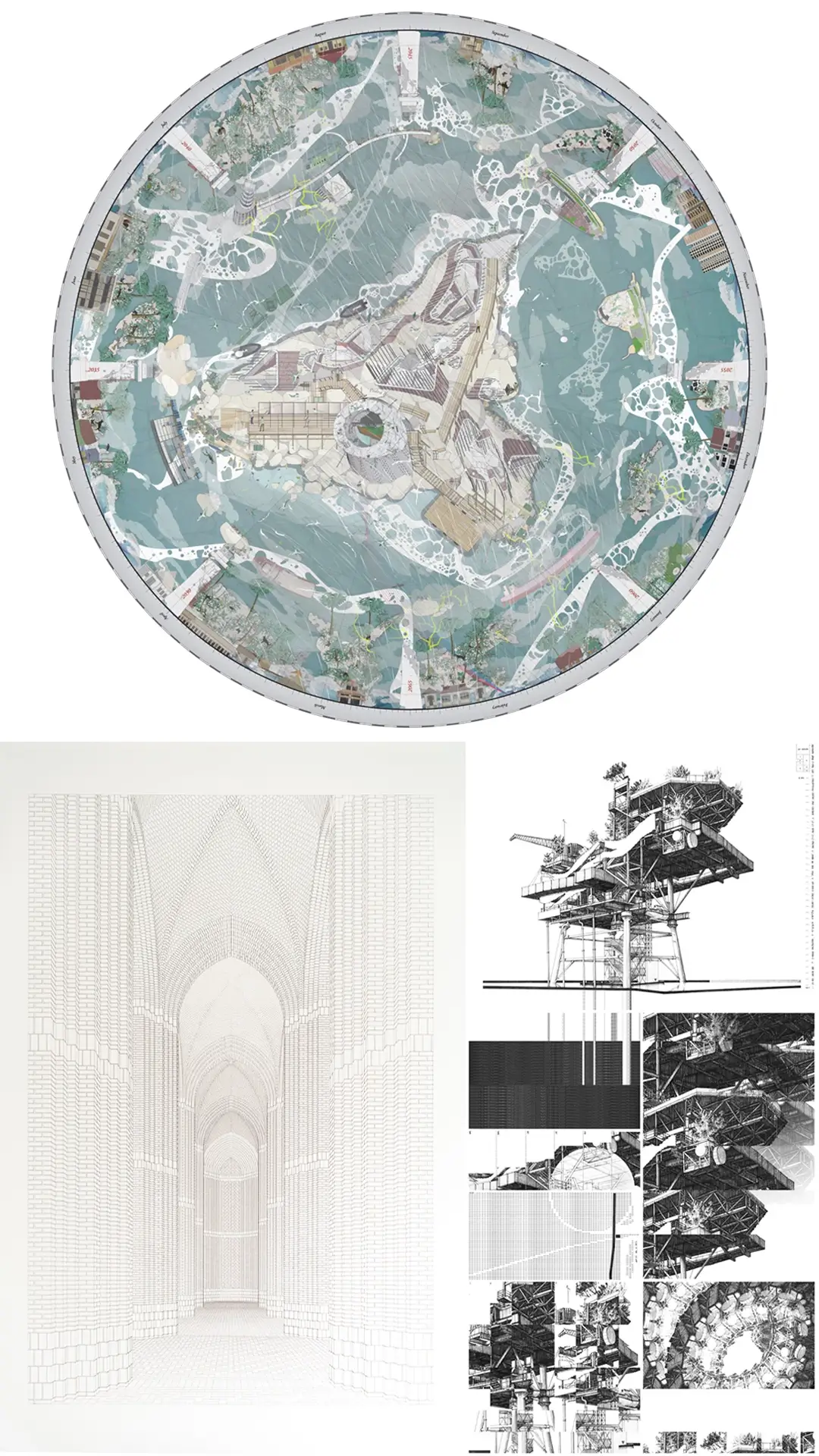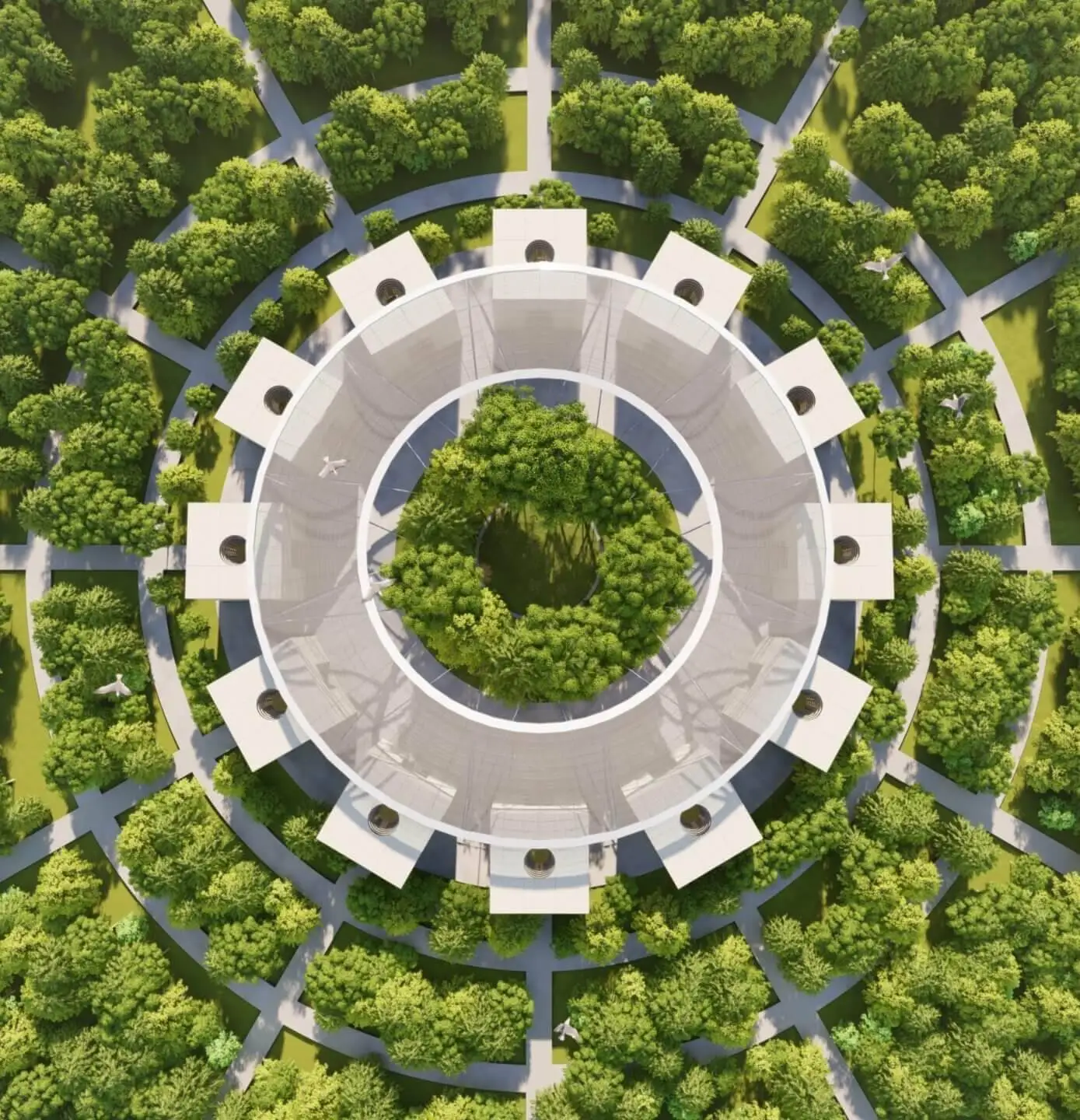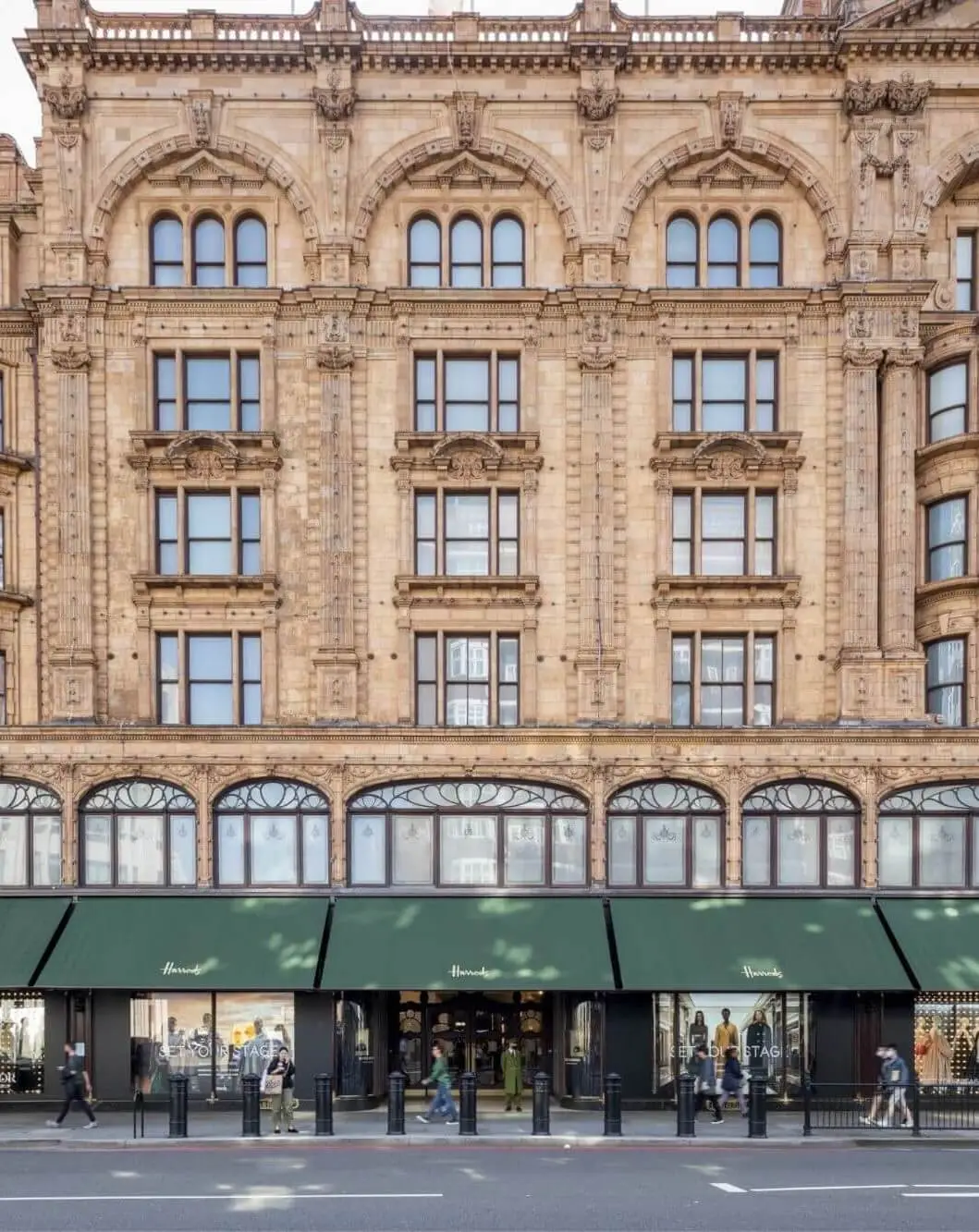

Taking inspiration from the spaces between pylons, in particular the catenary curves formed by the hanging cables, we created a series of beautiful, ornate structures which offer an elegant, attractive alternative to conventional pylon design. Influenced by gentle flowing forms such as spiders’ webs, ribbons or Celtic calligraphy, our simple design is sturdy and functional while appearing delicate and fragile.
Challenging the convention of standardised pylon design, we devised ten different types of pylon, each with a different and unique character but forming part of a consistent design ‘family’.
The circular, curved steel sections twist and spiral abstractly, before curving upwards to split and separate at the top, allowing spacing for the six adjoining wires. These lead off delicately like threads, continuing the curve, and combined with the long line of pylons create the effect of a continuous looping ribbon which flows loosely through the landscape without dominating it.
Appearing to rest lightly on the ground, the pylons weave unobtrusively though the landscape instead of ‘marching’ across it, thus preserving the natural beauty of the countryside. The sculptural metallic form also works sympathetically in an urban setting.





